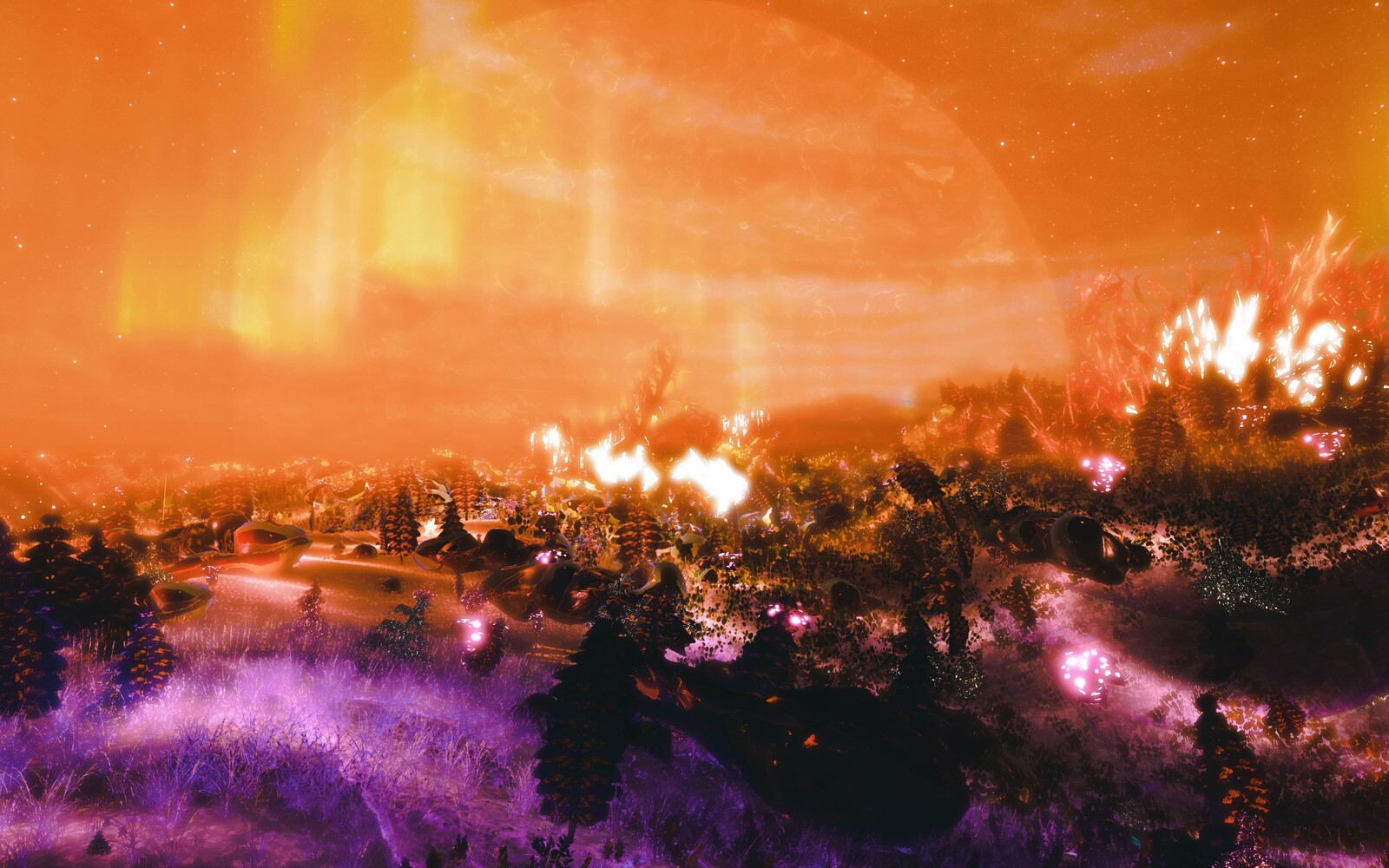Mirror-Touch
January 27–March 27, 2022
Katharinenstraße 23
D-26121 Oldenburg
Germany
Hours: Tuesday–Friday 2–6pm,
Saturday–Sunday 11am–6pm
T +49 441 2353208
info@edith-russ-haus.de
Clara Jo’s solo exhibition Mirror-Touch consists of complex, immersive video installations that entangle the senses and the constructed sociopolitical relationships embedded within human experience, while engaging with sensitive historical and ontological narratives.
The exhibition’s title is borrowed from psychology, describing a rare experience of tactile sensation on one’s body induced by seeing someone else being touched. In the context of the exhibition, the idea of “mirror-touch” stands as a strong metaphor or desire for empathy —a key notion in Jo’s oeuvre.
Between Lived Experience and Simulated Presence (2021), a research-based work newly commissioned by the Edith-Russ-Haus for Media Art, blurs boundaries that separate interior experiences to promote healing and transformation. The project involved collaboration with Dr. Lucia Valmaggia’s Virtual Reality Lab at King’s College London, where clinical psychologists design VR treatment environments for individuals experiencing conditions such as psychosis and schizophrenia. The resulting video work explores how digital worlds could serve as collaborative spaces to understand one another’s lived experience. A second chapter of the installation, titled The Wallpaper Stories, acts as a narrative anchor for these subjective healing journeys. It presents a fictional rendering of British painter Mary Barnes’ 1973 memoir, which follows her mental health journey to seek alternative spiritual experiences and personal mythologies. Jo approaches these historical and contemporary testimonies of lived experience and their expressions as acts of consciousness itself, lived in the very moment.
The large-scale installation De Anima (2018–21) spans documentary and animation and features a dreamlike narrative examining how various gendered, racialized, economic, and metabolic systems embedded within the global health system—which have become especially apparent during the COVID-19 crisis—drive fear of contamination from the nonhuman world. The work’s departure point is Jo’s 2018 field research in Myanmar with Smithsonian wildlife veterinarians who were hunting for new strains of coronavirus to predict their pandemic potential. The sacred caves depicted in De Anima are both high-risk interfaces as well as sites of spiritual encounter between humans and animals, science and religion, nature and politics—interfaces where ecosystems cross and feed into global conflict. This behind-the-scenes work had been underway for years, and sheds light on the inevitable: not of a why but an unknown when—offering an ominous prelude to the current global health crisis. Recorded in Myanmar, Kenya, and France, the images and sounds featured in De Anima that once felt so “far away” now deeply resonate in the everyday.
Jo’s newly commissioned work continues her ongoing artistic investigations around the idea of “ontological insecurity”—a strong feeling of uncertainty about ways of being in the world. This topic is also explored in the single-channel video FFS Studios (2013), an intimate portrait of actress Luise Helm that captures a voice-over session for a popular American television show as it’s dubbed into German from English. The unseen character’s uncanny presence in the film, Helm’s intense emotional interpretation of this protagonist, and the viewer together create an intimate space of new narrative possibility and a rather intense sense of character deconstruction and construction.
Between Lived Experience and Simulated Presence and De Anima both expose subtexts that reveal deeper issues embedded within society at large, namely the neglect and treatment of health beyond the human in an era of accelerated globalization. The Mirror-Touch exhibition at the Edith-Russ-Haus addresses urgent questions about crossing physical and psychological thresholds and our shared responsibility for the future health of our global community.
Clara Jo is a Berlin-based artist and a 2020 recipient of the Media Art Grant from the Foundation of Lower Saxony at the Edith-Russ-Haus.





